What did Tang Feng do? Yu Cang interview postscript
In the past year, what did Tang Feng do? Yu Cang interviewed Tang Feng on September 15, 2017, and sorted out the interviews for reference by friends who care.
Tang Feng, who has been a political commissar for one year, what did he do?
To understand this issue, join the Public Digital Innovation Space (pdis,anofficethatassiststhegovernmenttoimprovethequalityoftheoffice) reporter yu cang, spent a little time interviewing tang feng on september 15, 2017 to find out what tang feng did during the year and how tang feng viewed the open government. the interview process has verbatem record, and on the g0v 5th anniversary hack, to explain to friends who are interested , also write the postscript of the interview here.
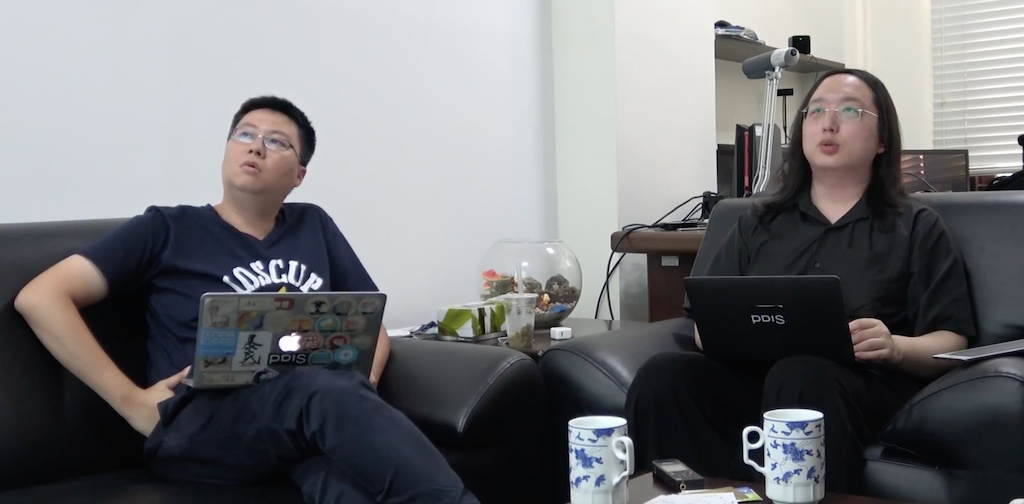
At present, Tang Feng's main business can be divided into open government, youth consulting and social enterprises. Because these issues are relatively new, Tang Feng did not supervise any specific ministry. In the open government, Tang Feng's business is divided into several directions, including through the collaborative meeting, assisting the ministry to establish an "open government contact system", and helping the department to deal with various issues on the Join platform; Virtual regulation of the vTaiwan platform. In addition, in terms of new technology and digital government, it is to assist Taiwan, Shibuya, and DIGI+ related businesses.
Open government contact system
Open government contact system, when Tang Fenggang entered the cabinet as a political commissar on November 24, 2016, then the dean of the then Lin Quan at 3524 sessions Show](http://www.ey.gov.tw/news_content.aspx?n=4f2a6f26a44c68ac&sms=ff87ab3ac4507de3&s=9e2aed6250201cdf){:target="_blank"}, requesting the public digital innovation space group (pdis) to establish a simplified communication and strengthen the collaborative platform for cooperation, and continue to enhance the public policy network participation platform (join) function to assist the public colleagues to exchange dialogues with others.
At the time, Lin Quan also requested:
> Each ministry should have someone to be responsible for integration, contact and coordination. All departments are required to assign full-time colleagues with public communication and familiarity with policy business and network tools. Directly supervised by the heads of information (deputyheads) of the ministries.
The next day, when discussing with the Director of Asset Management, tang feng explained: before the join workshop at the time, i received suggestions from my colleagues in the public service system: in the open government, i will use open data to make the government more transparent, to gather the participation of different opinions, to have sufficient records and coordination to carry out the three elements of follow-up, and hope to have opportunities to train a workshop in the ministry of the ministry, or at the level of the information chief; and they also hope to have full-time friends to be responsible for opening the government business. therefore, tang feng hopes to find an open government liaison in the system that has the ability to coordinate internal organs and enthusiasm for open government issues. the open government contact officer (po) has a meeting every quarter and every month. At the monthly meeting, there are 5,000 people who have signed the threshold on the Join platform, or the problems that the PO itself should ask. The PO will discuss whether the main responsibility department will be included in the next key issues and vote on the issues to be addressed in the next three weeks of the collaborative meeting.
If the resolution is to be a collaborative meeting, then the sponsor will be interviewed and the relevant ministry will be invited to work with stakeholders to conduct a weekly collaborative meeting.
Collaboration meeting is hosted by Zhang Fangrui who worked at Policy Lab The color of the post-it notes on the problems, causes and other relevant opinions, posted on different parts of the whiteboard, to help clarify the cause of the problem and the deep problems behind it, and to work with you to clarify the current situation, and whether the government can improve in the short-term and long-term. direction.
The content of these meetings, on the one hand, gives the sponsors a chance to explain more clearly the problems and possible contexts they care about, and to gradually understand the common colleagues, sometimes there are more problems behind the people’s small problems. The considerations and even the judgments and trade-offs in value. Through collaborative meetings, government colleagues are no longer afraid to communicate face to face with the public.
The results will be reported by Tang Feng to the Dean and the heads of relevant ministries, on the one hand to let the heads understand the context behind the relevant issues, and on the other hand, the following civil servants have room to implement the conclusions of the discussion; The minutes of the meeting will also be posted on the Internet. The sponsors can see the results of these discussions, and the business staff can access the results of these analyses at any time. After
, at each PO meeting every month, the progress will be tracked one by one. These achievements will be reported to the ministers of the various ministries at each quarter's PO meeting, so that these high-level affairs officers can see the value of the open government and understand the work of the open government liaison.
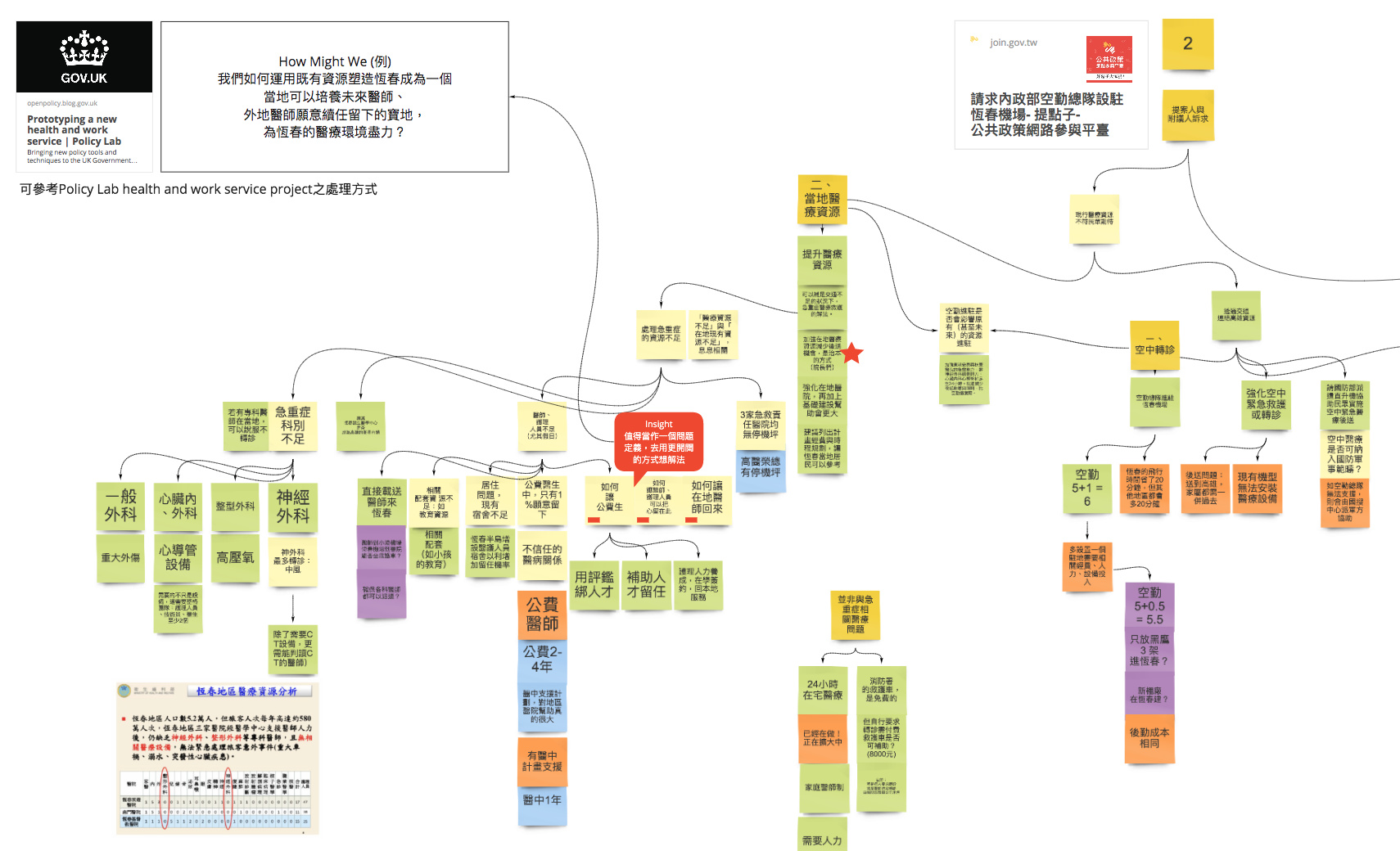
At the PO monthly and quarterly meetings, the PDIS team uses tools like Slack and uses the Slido open online message and voting feature. Through these processes, it is hoped that people from various government ministries will have the opportunity to understand and be familiar with the use of new technologies, and then use these convenient new technologies in traditional government public hearings or other programs to strengthen communication with the public.
vTaiwan Virtual Regulatory Adaptation Platform
vTaiwan is one of the starting points for Taiwan's open government platform initiative. In December 2014, the 11th g0v zero-hour government hacker loosened. Cai Yuling, the political commissar of the time, proposed to establish this platform. He hoped that through the virtual and integrated platform, he would discuss the online world with the online community in the early stage of the policy. Related "virtual regulations" allow law to be in line with advances in technology. After the establishment of vTaiwan, the company's law-related amendments were discussed through the Internet platform, followed by discussions on new technological issues such as telework, and indeed the practice of closed-door companies.
At present, interested friends only need to go to vTaiwan's proposal on Komatsu every Wednesday. After the evaluation of the strategy is feasible, they will discuss how to proceed with the program and start discussing on the online platform. After several weeks of online discussions, the results of the online discussion will be collected, a physical meeting will be held, and relevant ministries, scholars and stakeholders will be invited to attend. This conference will be broadcast live throughout the event, and a verbatim draft will be released. On the one hand, the outside world can understand the work and operation of the government department. On the other hand, through the minutes of the meeting, there is no opportunity for those who attend the meeting to understand the context behind it.
Asia•Shibuya
Asia•Shibuya (read as "Asia Linking to Shibuya" is a policy promoted by the Executive Yuan Council on September 6, 2016. Different from the past government policies, there are often some ideas and opinions, and then the relevant scholars and experts meet, output reports, and then write policies. Asia•Shibuya is the first to find experts in the scientific and creative circles. Through their own observations and experiences, they will take the initiative to submit proposals at the meeting and submit them to each ministry for evaluation and implementation.
Because these proposals are all based on the expert proposals of the new circle, through the contacts, information and vision of the experts, if they observe new trends, they can use the proposal to allow the government to respond as soon as possible and even participate in relevant meetings. The department will be able to more flexibly face new technologies in the future, or assist the new team in dealing with regulatory issues.
Digital Country•Innovative Economy
In terms of infrastructure, the Executive Yuan passed the [Digital Country•Innovation Economic Plan] in November 2016 (http://www.bost.ey.Gov.tw/cp.aspx?n=05CD247F9B265CBC){:target="_blank"}, this project will set up a discussion platform on government digital infrastructure. The discussion included digital construction issues such as network construction, bandwidth, open source talent, education, digitalization of government services, and urban and rural regional innovation. Tang Feng is the deputy convener of this project and a co-convenor of several national groups.
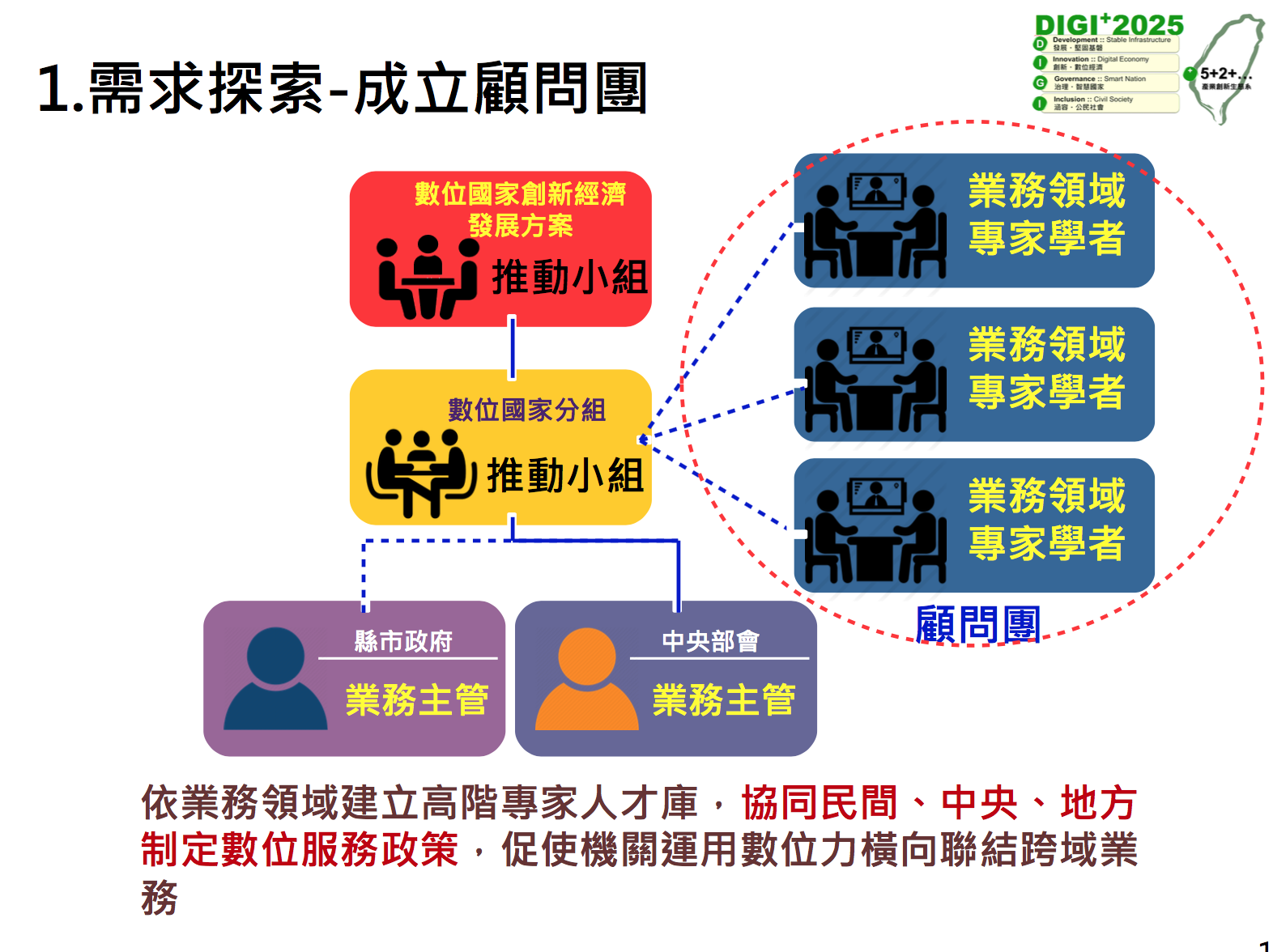
Grouped in several countries, discuss about open data, API, information and other related issues. with open data, which is concerned by the outside world, through the gradual guidance of the china development association, it has been determined that after june 2018, the new website produced by the government package will be fully imported into open api specification 3.0.the.com/oai/openapi-specification/blob/master/versions/3.0.0.md){:target="_blank"} format provides APIs. As for the database of various government ministries, because of their independent development, the problem of data is difficult to interface. It has also begun to take a gradual inventory in June 2017, and hopes that all websites developed after June 2018 will be unified. Standardize the naming data fields to structure the internal data. Such improvements will further enable government information to be interfaced and open to each other.
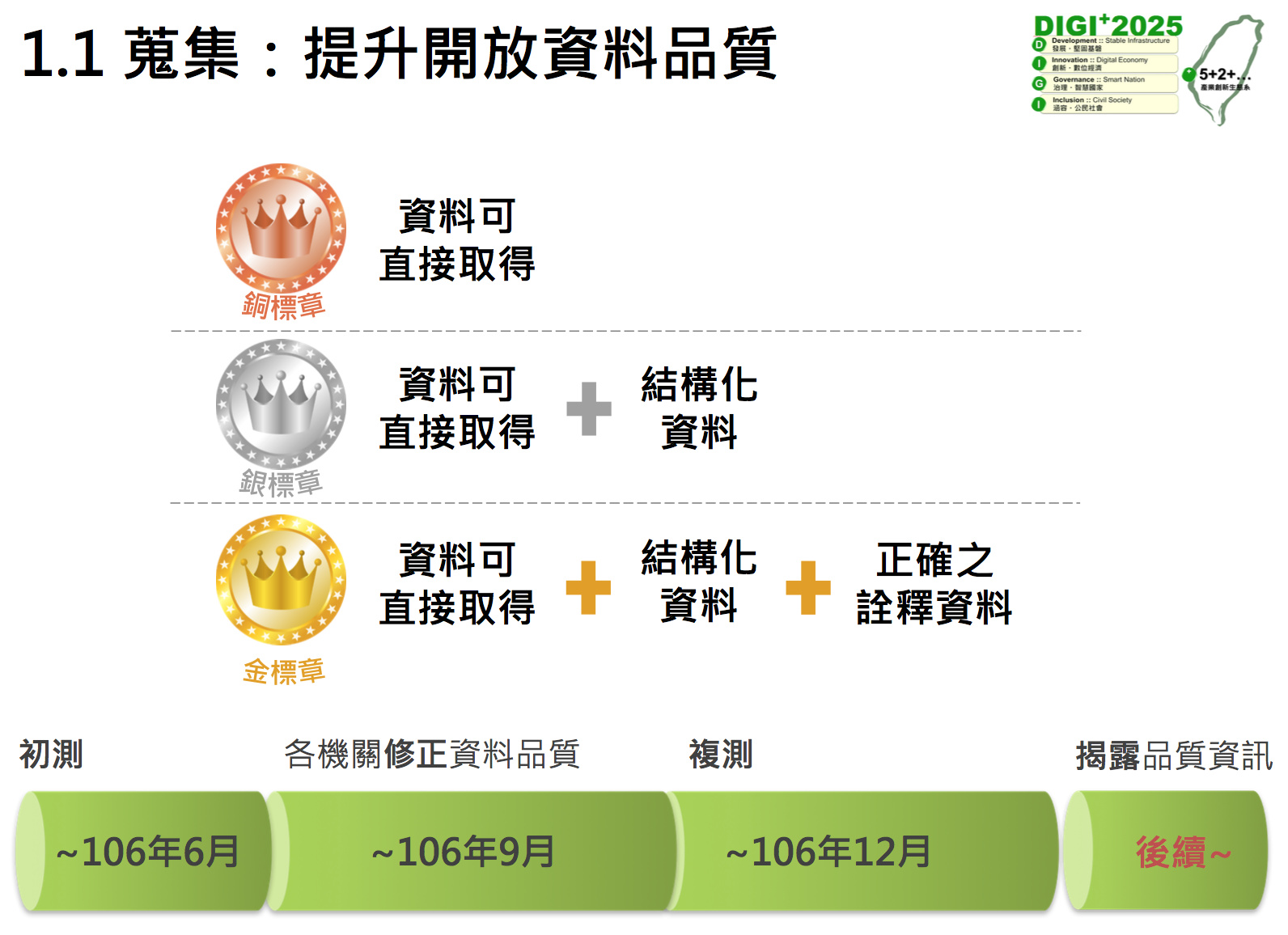
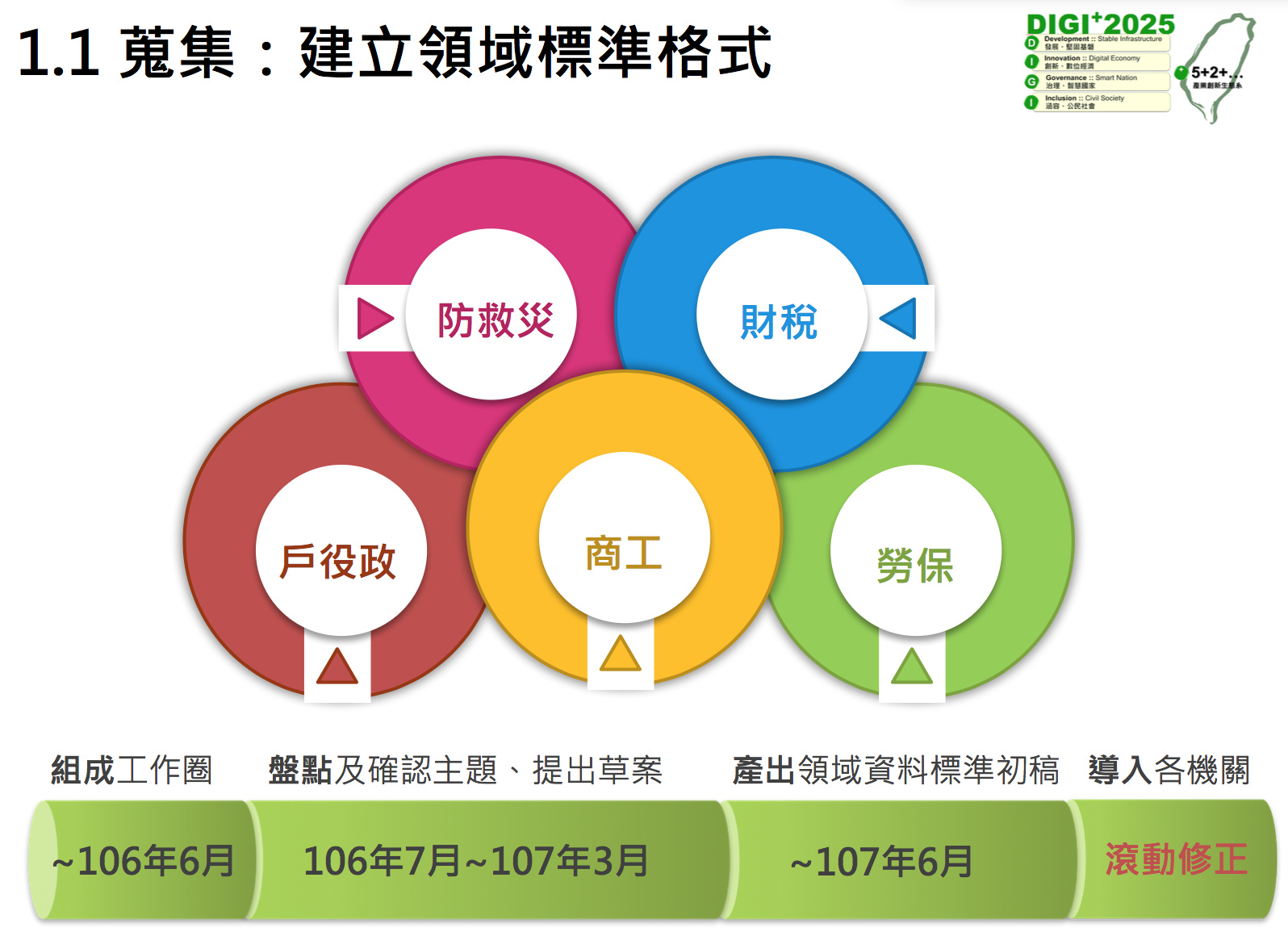
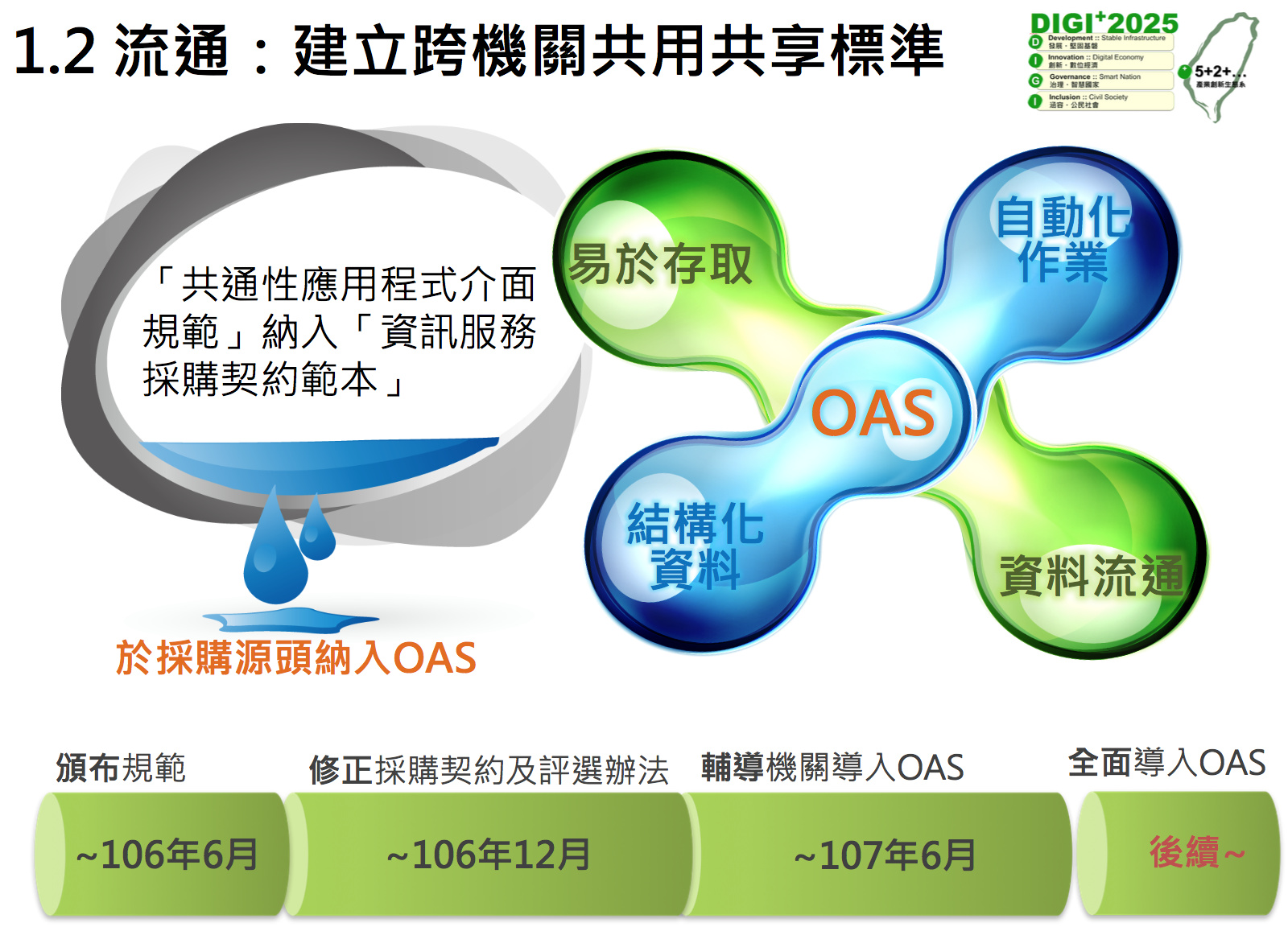
In the aspect of data identification, the government will now identify existing information through an open, user-verifiable algorithm, provide government policy reference, or release it without invading privacy. As an open source, it is used for external value-added. Many people have suggested that if the outside world proposes to open up the information, but the Ministry is not willing to provide it, it is necessary to have an arbitration mechanism to confirm whether the reason for the non-opening of the Ministry is reasonable; at present, the National Development Association is preparing establishing a personal data review center://www.ndc.gov.tw/content_list.aspx?n=e1c83b78131e2aca){:target="_blank"}, in the future, if the ministries will have different perceptions about the application of the Personal Data Protection Act, they will not be able to use government data legally and effectively. The National Development Association will serve as a coordination platform between the public agencies and coordinate the collection, processing and utilization of personal data between inter-agency organizations to strengthen communication and communication between the agencies.
Youth Policy
Youth Policy is one of Tang Feng’s supervised business. Just like the previous Asia•Shibuya and the operation of several countries, these youth advisory committees meet once a quarter, as long as two When a committee member proposes together, it will submit the various ministries to assess whether they can handle it. It is hoped that in this way, the young members can be seen in the eyes of the government and tell the government the issues that the young people value, so that the government's ministries can examine and deal with them.
Social enterprise
Social enterprise refers to an organization that embraces a clear social mission and uses the power of the market to solve social problems. According to the survey of the world magazine, most people in Taiwan are willing to buy more expensive products with ideas, so the concept of social enterprises is indeed feasible in Taiwan. But the biggest question is, how do people know that this product is a product of a social enterprise? Is there a company that will name the social enterprise, but ignore the value of society? At present, the government is assisting in the certification of social enterprises, and through the government platform, on the one hand, the public understands social enterprises, on the other hand, it avoids the name of social enterprises and deceives the unscrupulous companies.
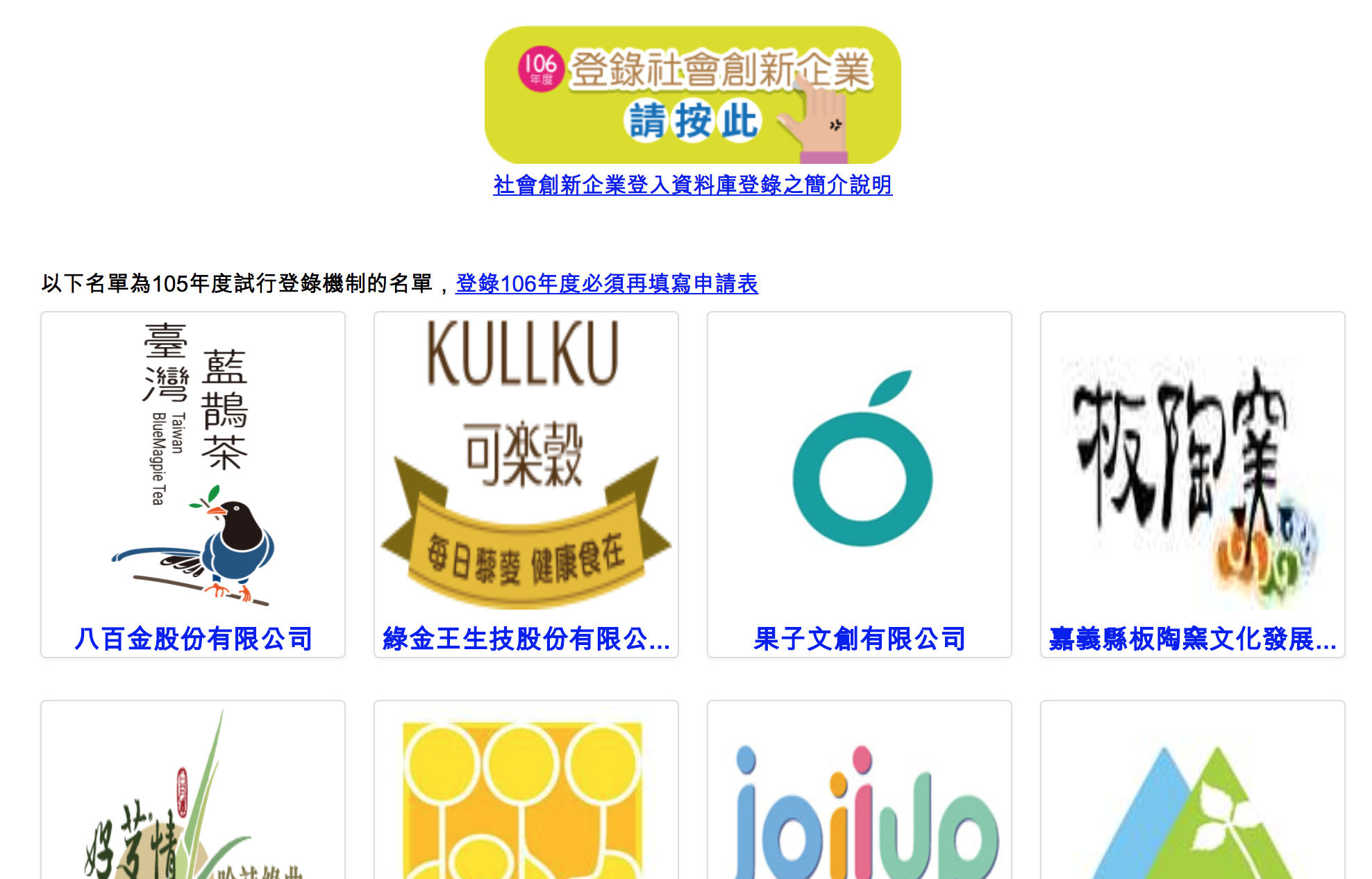
However, in terms of the concept of social enterprise, there are still many newcomers in the process of exploration. Therefore, what kind of ideas are covered by social enterprises and what kind of attitudes they can have is still uncertain. Through the actual visits to social enterprise founders from all walks of life in Taiwan and participation in international conferences and events, Tang Feng is still exploring the situation in this field. Under the concept of an open government, relevant policies and meeting minutes will be made public on the platform of social enterprises for external inspection.
"The public servant of the public servant" promotes the number of governments, how far can they go?
Tang Feng believes that the work of the political commissar is the coordination between the various ministries, and the work should not be placed on the political commissar. Otherwise, when the political commissar leaves, everything will return to the original. Although Tang Feng believes that he does not have a supervision department, he has no right to issue instructions. However, through a collaborative meeting, he can assist the public officials and the public to conduct dialogues before the policy trip, and transfer the conclusions to the president and the head of the relevant ministry. I hope that the public service will be used to listening to public opinion step by step. Tang Feng said that many colleagues in the past business system heard that they wanted to listen to the public opinion, which was directly to the populism; but after repeated demonstrations, many people began to incorporate the form of collaborative meetings into their thinking. In conclusion, Tang Feng, as a political commissar, has indeed opened the door to some government ministries. Through repeated demonstrations, people in the government system will not resent the idea of "opening the government." However, the distance is truly fully implemented and open to the public. There is still a long way to go. After all, it’s not easy to lead everyone through a small step. Where will the concept of the subsequent open government go? When Tang Feng retired from the political commissar, will these systems and concepts be internalized into the system, or will they gradually dissipate with the departure of Tang Feng? Can future government administrators be immersed in this kind of culture, and then give the bureaucrats more space to build consensus with the people? Under the continued demonstration of Tang Feng, the public servant of the public servant and the conservative Anna, how far can Taiwan's open government policy go and how much can the culture of the official system be changed? Everyone is watching.
 (This work is licensed under a Creative Commons Attribution 4.0 International License.)
(This work is licensed under a Creative Commons Attribution 4.0 International License.)